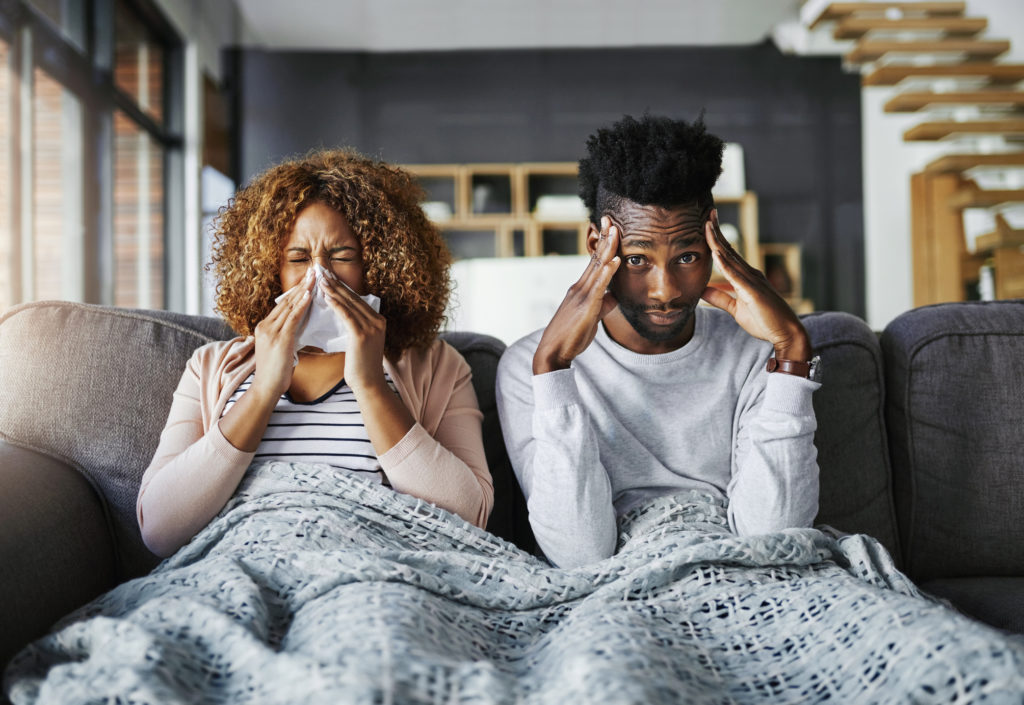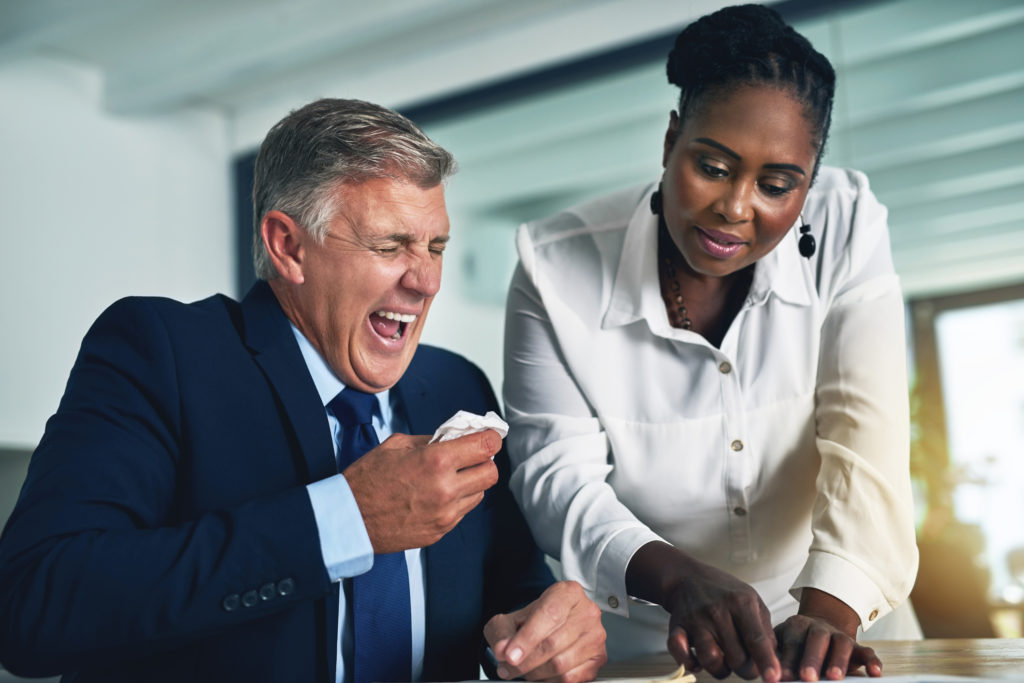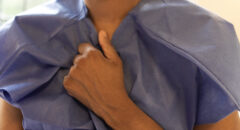
Just imagine that you are going about your business and doing your thing, but then all of sudden you hear "Achoo!" or a loud cough that didn't come from you is heard. It's so close you feel the effects of it--ewww! So what do you do?
Nowadays, during this coronavirus pandemic, if someone coughs or sneezes on you, that actually may cause a fight since research confirms that COVID-19 can spread through droplets in the air.
More and more Covid-19 cases of the Omicron variant have been reported across the world. In the United States, it is now the dominant Covid strain, representing 78% of sequenced cases, data by the Centers for Disease Control and Prevention published on Monday shows. It has effectively displaced the previously dominant delta variant, as feared by experts. Many countries have delayed, or altogether scrapped (for now) their plans for a full-fledge reopening.
This sudden surge in Omicron cases, which has been detected in around 90 countries, is hitting home. Here are the top five symptoms that patients reported
- Runny nose
- Headache
- Fatigue (mild or severe)
- Sneezing
- Sore throat
The cold-like symptoms reported three days after a positive test were not vastly different from those of the delta variant, researchers found. The early data suggests that omicron arrives with symptoms distinct from earlier variants, which caused more flu-like, initial symptoms.
So, we ask again, besides getting angry or fearful of what you may catch, what should you do?
Some medical experts have been through this and explain what should happen next.
First: Disinfect Yourself
Fredrick Sherman, a professor at the Icahn School of Medicine at Mount Sinai, shared a few helpful tips that can help. If someone has coughed on you and the droplets touch your face or hands, wash immediately. Wash your hands with soap for at least 20 seconds.
Also, if you need to and have access to a bathroom or running water, wash off your face, neck or infected area so as not to have lingering effects of whatever virus the person may or may not have. Find out if the person has any other symptoms of the coronavirus, such as fever, fatigue, body aches, chills, or shortness of breath. If they do, you may need to reach out to your doctor and potentially self isolate yourself for 14 days to make sure you don't have symptoms of COVID-19.

Second: Breathe Out & Avoid Long-term Exposure
“Immediately exhale to avoid inhaling droplets or aerosols. Purse your lips to make the exhaling last longer. Turn your head entirely away from the person and begin walking.”
This method won’t definitively protect you from COVID-19, but it could also reduce how much of the virus you’re exposed to if the person who coughs or sneezes happens to be contagious.
You’re more likely to get sick if you inhale higher doses of the virus, according to The Atlantic.
The amount of time you’re exposed to infected particles also matters in terms of transmission; the longer you’re around them, the more time the virus has to get into your system.
Third: Be Proactive
Another thing you can do to prevent yourself from contracting the flu is to wear a mask when you're out in public.
A 2013 study from the University of Maryland into the spread of contagious colds and flu found that face masks are actually effective at keeping contagion down when used on ill patients, but of course, it will block the entrance of cold and flu germs into your system if you wear one while healthy.
That's right, this whole "wearing a mask-thing" has been around much longer than just 2019 and 2020.
One of the first major studies on whether sterile surgical masks can be used to combat flu's "aerosol shedding" — the transmission of flu particles through the air, usually through sneezing and coughing, but also breathing — found that flu patients were significantly less likely to infect those around them if they wore surgical masks regularly.
The amount of virus spread actually reduced by 3.4 fold overall.
It might get you strange looks sometimes, but wearing a mask if you're ill yourself, or enforcing a mask on an ill person who's in your vicinity, could save everybody's immune system some bother.
We're increasingly learning that humidity can have a big influence on the spread of flu and cold, and that central heating and air conditioning, by drying out the air, can help spread illnesses.
A 2015 study from Virginia Tech noted that the drier the air, the more preserved and effective virus "droplets" become.
If humidity is over 50 percent and under 98 percent, viruses have a much lower rate of survival in the air.
However, saunas and other humid spaces are also confined, making them problematic places if you happen to be inside one with a sneezing person.
Keep your living and working spaces as humid as you can, but also use ventilation if possible.
So when someone does do the unthinkable and sneezes or coughs on you, remember to keep your head in the game, relax and follow the above steps to keep you and those around you healthy.









